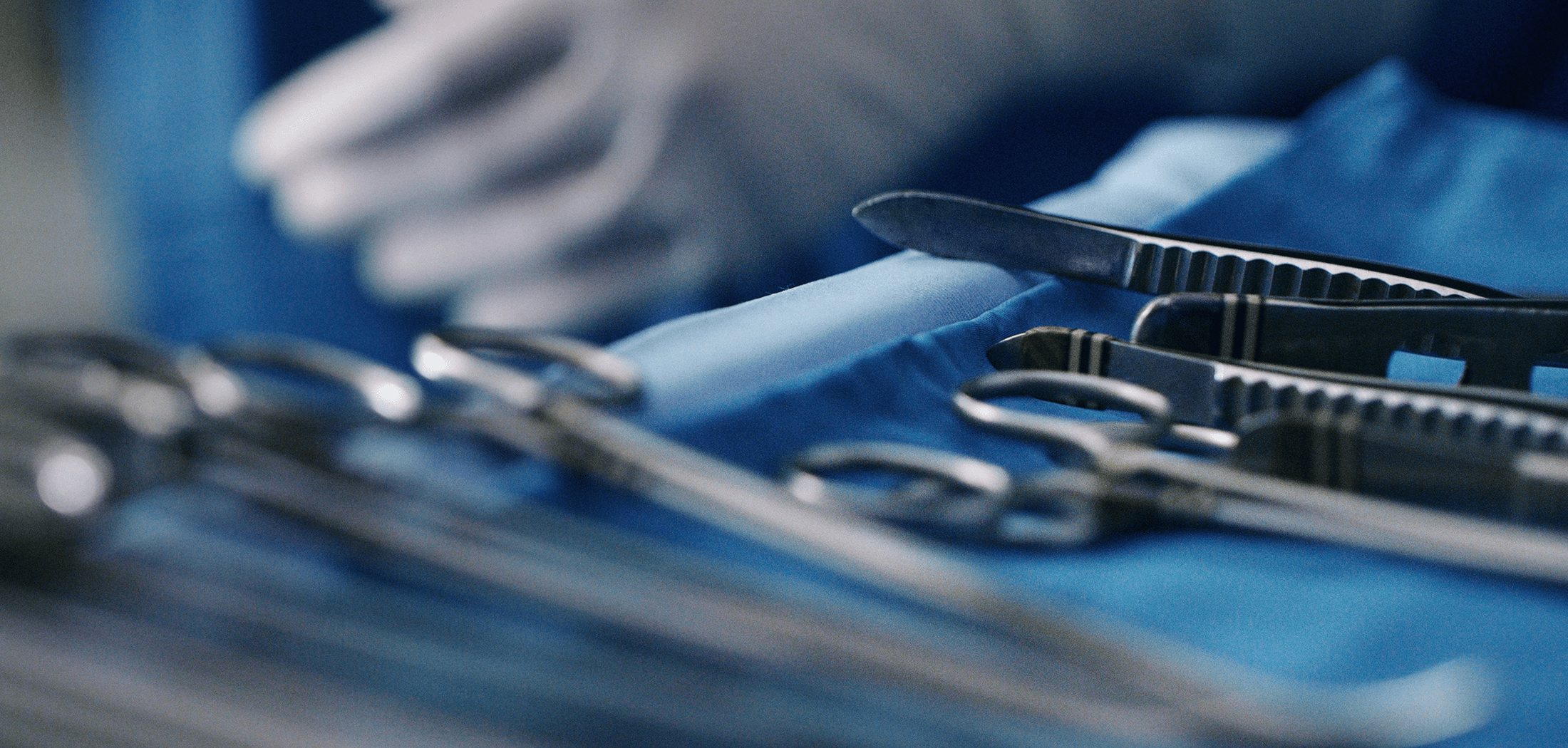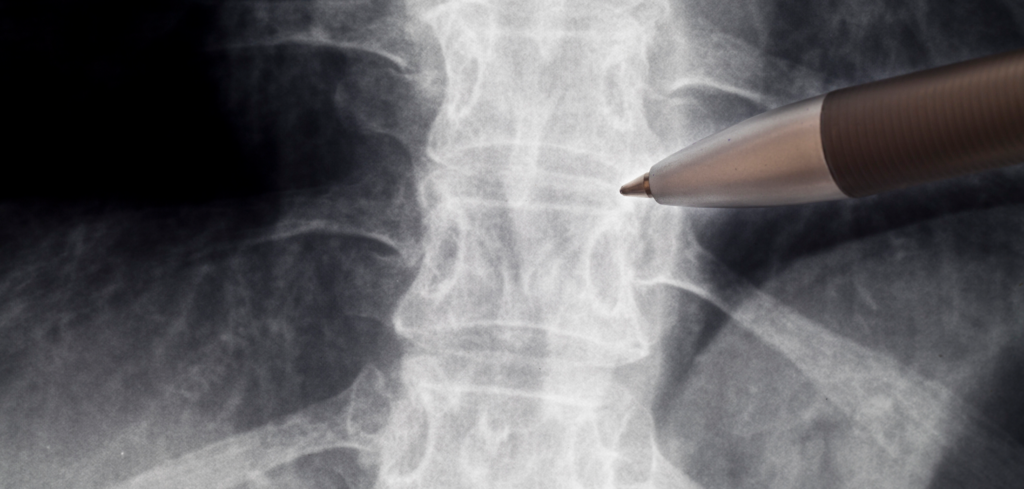“First, do no harm.” Doctors and other healthcare practitioners use this principle to guide their work with patients. In medicine, it can often mean evaluating the potential benefits of a treatment to determine if they outweigh any potential risks.
Decisions on if, when, or how to treat a patient must take into account many factors – including best practices, available resources, and what is known and unknown about the patient’s condition and medical history.
We have a good medical system in Canada staffed by many exceptionally talented and hard-working medical practitioners. Unfortunately, despite their best efforts, sometimes patients will experience a poor outcome. Medical professionals are not held to a standard of perfection. If a patient is harmed while under their care, the injury in itself may not be evidence that a doctor, nurse, or other medical provider did anything wrong to cause the damage.
But if you or a loved one sustained a serious injury as a result of treatment or lack of treatment, had an unexpectedly poor outcome after seeking medical treatment, or experienced a worsening condition due to misdiagnosis or delayed diagnosis, you may have suffered from medical malpractice.
Injuries caused by healthcare practitioners or due to poor conditions in medical facilities are often both physically and psychologically devastating. We trust healthcare professionals and believe they will do what is best for our health and the health of our loved ones. When medical malpractice results in a serious injury, complication or death, that trust is broken.
If a doctor, hospital or another healthcare professional provided substandard care by failing to properly treat you, diagnose your condition, or advise you of treatment risks, and it resulted in serious harm, you should seek legal counsel from a reputable law firm with extensive experience handling complex medical malpractice cases.
At Howie, Sacks & Henry LLP, our knowledgeable, experienced, and skilled medical malpractice lawyers can help investigate if one or more medical providers is liable for your injuries. Drawing on our extensive network of medical experts, we can determine if you will be able to seek compensation through a lawsuit.
Coming to terms with a serious medical condition or injury is difficult – especially if you learn that another person’s negligent actions or inaction is the reason you’ve been hurt. Fortunately, there is hope for a better future. And at HSH, Hope Starts Here.
Cases We Handle
Medical malpractice demands not only legal acumen but also a nuanced understanding of medicine, hospital procedures, and standards of care. At HSH LLP our lawyers have cultivated a sophisticated skill set that enables us to adeptly navigate the complex intersection of law and medicine.
We handle catastrophic cases resulting from:
- Nursing errors
- Obstetrics and neonatal errors
- Misdiagnosis and delayed diagnosis
- Anesthesia errors
- Emergency room errors
- Delayed diagnosis of spinal cord disease or disorder
At A Glance
- If a medical practitioner breaches the standard of care owed to a patient and it causes harm to the patient, they would generally be liable for damages sought in a civil claim alleging medical malpractice.
- Medical malpractice cases are fact-specific as not all medical errors are actionable.
- Malpractice can occur in a variety of healthcare or homecare settings.
- Errors can be caused by individuals, systemic failures, or a combination of factors.
What Is Medical Malpractice?
Medical malpractice is the umbrella term for civil tort claims against healthcare practitioners made by patients (or their loved ones) alleging they were seriously injured or otherwise negatively affected while under the care of a medical provider. The majority of these claims concern medical negligence, but they may also involve breach of contract or breach of fiduciary duty.
In medical malpractice claims alleging negligence, the plaintiff must first establish that they were owed a duty of care. In most cases, interactions between medical practitioners and people under their care or otherwise seeking professional medical advice or treatment from them are deemed to be part of a provider/patient relationship in which the practitioner has a clear duty of care.
Second, the plaintiff must establish that the standard of care they were entitled to receive according to fact-based circumstances was not met. The standard of care is determined by deciding what would be expected of “a normal, prudent practitioner of the same experience and standing” in the circumstances.
While all qualified practitioners must possess a reasonable degree of knowledge, skill, and care in order to provide a professional standard of care, the practitioner’s particular specialty and available resources may have a bearing on their actions. Since judges, juries, lawyers, and plaintiffs do not have the appropriate technical training to gauge what medical treatment would be reasonable, the medical standard of care is almost always determined by weighing expert opinions of other experienced practitioners.
If the court is satisfied that a reasonable standard of care was not met, the plaintiff must still prove the practitioner’s negligent actions (or inaction) caused them harm.
Causation is often the most difficult element of medical malpractice cases because there are frequently many factors which could account for a patient’s ill health, including pre-existing conditions or multiple medical errors made by other practitioners that contributed to the harm. Once again, expert opinions are usually essential to proving causation by ruling out alternative explanations or by explaining how a particular chain of events likely caused the injury.
Finally, a plaintiff must demonstrate that the harm caused by medical malpractice resulted in actual and foreseeable damages. These may include pain and suffering damages, loss of earning capacity, attendant care and medical/therapeutic expenses.
What Are Examples Of Medical Malpractice?
There are a wide variety of negligent actions or inaction that could become the basis for a medical malpractice case, including:
Birth Injuries/Obstetrical/Neonatal Malpractice
Preventable injuries that occur during labour, delivery, and in the early stages after birth can dramatically change the course of a young life from the very start. Improper obstetrical or neonatal care, including failure to provide a timely delivery, failure to treat fetal or maternal infections, birth trauma, improper fetal heart monitoring, and failure to detect and treat metabolic disorders, can result in permanent disability.
Emergency Room Errors
In fast-paced emergency rooms, medical errors may occur. Frequent problems include communication breakdowns between medical and hospital staff, triage errors, undue delays and diagnostic errors.
Medication or Anesthesia Errors
If a medical practitioner prescribes or administers a medication incorrectly, there can be dire consequences for a patient. Errors could include the wrong medication, wrong dose, wrong patient or wrong timing of doses. Errors involving drugs used by anesthesiologists can be particularly serious and harmful.
Abnormalities Missed On Obstetrical Ultrasounds
Failure to diagnose serious genetic disorders on ultrasounds may give rise to a claim for wrongful birth.
Misdiagnosis or Delayed Diagnosis
If a patient is misdiagnosed or diagnosed only after considerable harm has already been done to them, it could be an indication of negligence. Nevertheless, doctors who took proper care when evaluating patients and still misdiagnosed or failed to diagnose a patient would generally not be found liable for harm done if their error was based on a reasonably informed judgment. Competent practitioners can sometimes come to different conclusions when reviewing the same facts.
Informed Consent
Medical practitioners have a far greater understanding of the risks and benefits of medical treatments than their patients. Most patients will accept their doctor’s advice on which course of treatment to pursue. However, a practitioner must still take appropriate steps to explain the risks of medications, surgical procedures or other forms of treatment to their patients. If informed consent is not obtained, a medical provider could be liable for resulting damages.
Medical Device Failures and Product Liability
If medical equipment is defective by design or compromised by the manufacturing process and a patient sustains an injury, a lawsuit could be filed against the medical equipment supply company.
A Reputation for Results
HSH LLP medical malpractice lawyers are well-known among our peers in the legal field for the skillset we’ve developed over many years of practice, including extensive trial experience.
Lauded by Canadian Lawyer as “one of the foremost authorities in personal injury law,” HSH LLP’s standing as one of the country’s top ranked firms in this field “reflects both the calibre of its work and the trust it continues to earn from those it represents.”
Our lawyers are routinely listed in The Best Lawyers in Canada™ or Best Lawyers: Ones to Watch in Canada™, a peer-reviewed honour that celebrates excellence in the legal profession, and as leading practitioners in the Personal Injury ,Long Term Disability or Medical Negligence categories in the Canadian Legal Lexpert Directory.
With some of the most talented personal injury lawyers in the country, HSH LLP has earned a well-deserved reputation for getting results for our clients.
A Lawsuit Can Be a Difficult Decision
Medical malpractice clients endure a significant emotional burden arising from the realization that trusted medical professionals have directly contributed to their suffering. In some situations, the necessity of continuing to receive care from the very institution that inflicted the harm, can compound this distress.
While this can cultivate doubt, fear, and mistrust, our trauma-informed lawyers adeptly navigate the challenges in these specific cases with a nuanced approach that balances legal expertise with empathy.
Here For You
Realizing that you or your loved one has been hurt by someone who was supposed to help can be devastating. And, dealing with physical and emotional pain of an injury is often compounded by the stress of thinking about an uncertain future or what a lawsuit might entail. You don’t have to face this alone.
When you contact HSH LLP for a no-cost, no-obligation initial consultation, our medical malpractice team will listen to you with empathy, carefully explain your legal rights, and answer any questions you may have. If we believe we can help you access compensation, we would become your tireless advocates and trusted representatives.
Medical malpractice claims are a complex and challenging area of personal injury law. With our experienced lawyers on your side, you can move forward to seek justice with confidence.
Contact us today to learn how we can help you.









